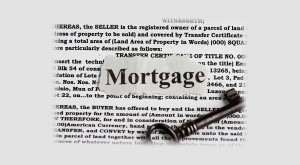
August 24, 2015
FHA Loans And Non-Purchasing Spouses
There are a lot of questions asked about FHA loans and how spouses can buy together. Can the FICO scores of one spouse make up for the lower scores of the other borrower? Can one spouse’s income offset the lower income of the other? How does state law factor into FHA loan applications when spouses apply? All valid questions. But what about circumstances where one spouse is not borrowing? Does an FHA loan require action on the part of a non-borrowing spouse? The answer can be influenced by state law, lender standards, and FHA loan regulations. At the time of this writing, FHA loan rules that govern non-purchasing spouses can be found in HUD 4155.1 Chapter Four, Section A. There we learn the following: “If required by state law in | more...








